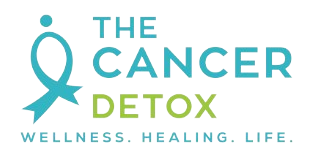Forget cancer awareness, focus on this instead
What exactly does “cancer awareness” mean? After years of being conditioned into thinking that it has to do with finding a cure for cancer, we can now say the exact opposite to be true. Based on recent statistics, 14 million new cases of cancer were diagnosed in 2012 resulting in 8.2 million cancer-related deaths (National Cancer Institute (NCI); available at: www.cancer.gov/about-cancer/what-is-cancer/statistics. Accessed February 23, 2016). Despite the millions of dollars raised during various cancer awareness months, it seems that this does not translate into cancer prevention. And with February being cancer prevention month, it's a good idea to highlight ways the public can prevent certain cancers. We all know someone who's been affected by cancer. And for those with a family history, there may be a heightened fear of getting a cancer diagnosis. However, very few cancers are due inheritance. In fact,
Read More

